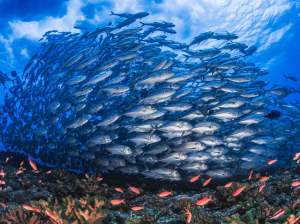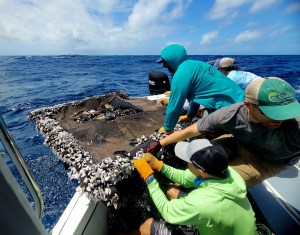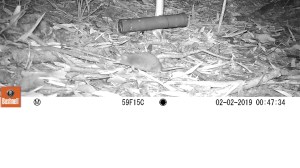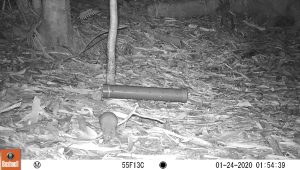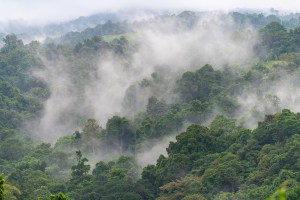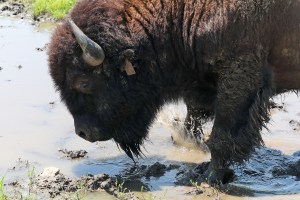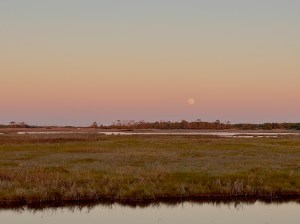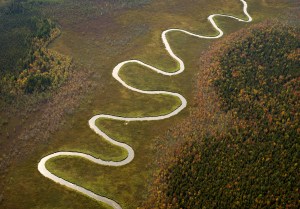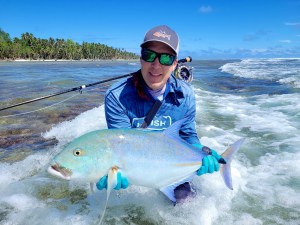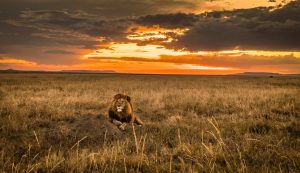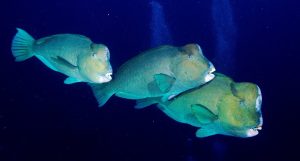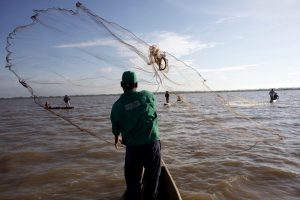Discover stories in Protected Areas
Fish Aggregating Devices Could Enhance the Effectiveness of Blue Water Marine Protected Areas
Research from TNC’s Palmyra Atoll suggests fish aggregating devices could increase the time mobile species spend within blue water MPAs.
How to Catch a Wild dFAD
A small boat, four people, 500 pounds (or more) of rope, netting, floats, rafts and sometimes barnacles. Gloves definitely required.
Caught on Camera: the Long-Nosed Chilean Shrew Opossum
Camera traps in the Valdivian Coastal Reserve document an increase in sites where one of Chile's least-known marsupials is known to live.
Meet the Mysterious Long-Nosed Chilean Shrew Opossum
Spoiler alert: it's not a shrew. It's a relict marsupial, and has lived in the forests of Chile's Valdivian Coast for millennia.
Communities Unite to Save Papua New Guinea’s Forests from Logging
A group of villages in Papua New Guinea decided to protect their damaged rainforests from future clearcuts. A photographer captured that work in action.
Quick and Dirty (Really Dirty) Guide to Bison: Keystone Species Edition
The ways bison graze, poop and wallow touch on everything about the ecology of a prairie. But well, it can be a little messy.
50 Fish, 50 States: Refuge
The U.S. National Wildlife Refuge system, in its 120th year, is one of the largest protected area networks in the world. And many refuges are great places to fish.
Why Protected Areas Must Consider What’s Beneath the Surface
New research finds that 85% of protected areas with groundwater-dependent ecosystems have groundwatersheds that may be underprotected.
Palmyra’s Fishing for Science Program Tags 1,000th Fish
Launched in 2018, the program tagged its 1000th fish on December 5, 2022—a significant milestone in a challenging environment.
Savanna Fire Management Can Fund Africa’s Protected Areas
A new study finds that fire management on Africa’s savannas can generate enough carbon revenue to help fill the funding gap for protected areas.
For Parrotfish, One Protected Area Isn’t Enough
Research from the Solomon Islands finds that populations of bumphead parrotfish rely on larvae from other reefs, meaning they’re unlikely to rebound if the entire region is overfished.
Protected Areas are Vital, but they are not Enough for Lasting Biodiversity Conservation
Sustaining global biodiversity requires broadening the area-based conservation toolkit beyond protected areas.
